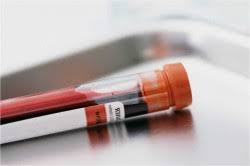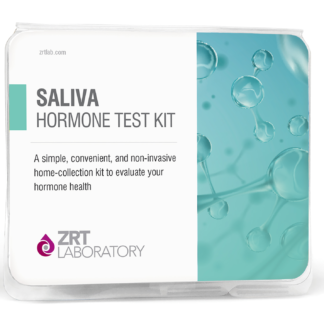Description
Mold IgE Allergy Test – Serum
Note: This is a test kit that will be mailed to you for a local blood draw.
This test is non-refundable once ordered.
Assessing Immune Responses to Mold
Mold allergy is a type of allergic reaction that occurs when an individual’s immune system is exposed to mold spores or mold cell components – typically via inhalation, ingestion, and/or contact with the skin. Molds are a type of fungi which grow in moisture-rich environments such as damp areas in homes like bathrooms and basements, and high humidity areas in buildings or vehicles. In addition, certain occupations have been identified to increase risk for mold exposure: construction industry (e.g., builders, plumbers, HVAC technicians), farmers, food industry workers, janitors/cleaners, and health care workers.
The IgE Mold Allergy Test measures an individual’s total immunoglobulin E (IgE) level as well as allergen specific IgE levels to 13 mold allergens, including common mold allergens like Alternaria, Aspergillus, Cladosporium, and Penicillium. This panel provides valuable insight into potential triggers for mold allergy symptoms in sensitive individuals.
Why Test For Mold Allergies?
Molds thrive in warm, damp and humid conditions – and are commonly found in various indoor and outdoor environments, including homes, schools and office buildings; agricultural settings (especially in crops, hay and silage); and industrial and health care settings where high moisture, water damage, and poor ventilation is present. Exposure to mold can trigger abnormal immune reactions, detectable through measuring the level of immunoglobulin E (IgE) antibodies specific to mold species.
Given their ubiquitous presence, testing should be considered in anyone with signs and/or symptoms of mold exposure – or an environmental history for a known current or past exposure to mold.
IgE Mold Allergy Panel tests for 13 mold allergens that can cause mold-related illnesses and allergy symptoms, including cough, postnasal drip, itchy eyes, and runny nose. It can also provide insight into potential triggers for abnormal immune responses like mold-induced asthma and fungal sinusitis.
It’s important to note that this panel is distinct from MycoTOX Profile: The IgE Mold Allergy Test is a serum test that provides insight into the presence of mold allergens, while the MycoTOX Profile is a urine assay that assesses the levels of mycotoxins – low molecular weight, secondary metabolites of molds – excreted from the body. These complementary profiles each provide a unique lens to assess potential mold-related illness in symptomatic individuals or those with known mold exposure.



